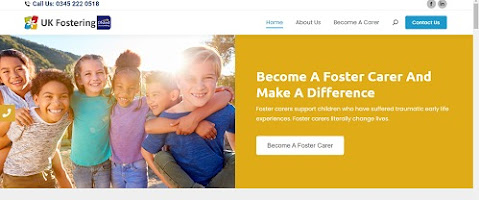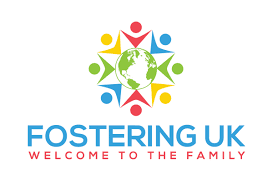What's the difference between fostering and adopting (children)?
Foster care and adoption are very similar at first glance because both involve bringing a child into your home to nurture and care for. Many potential parents confuse the two when attending training classes for foster or adoptive parents. However, there are two significant distinctions: rights for parents and permanence.
Foster care is temporary because state agencies don't want children to stay there forever. The agency wants to fix the issues that caused the child to be taken away from his/her parent's house or their home. He/she hopes to return to his home someday, but if that doesn't happen, he/she will be put up for adoption.
Adoption lasts a lifetime. Adoption is a legally binding relationship that grants the adopted child the same rights and privileges as a biological child. As if they had given birth to the child themselves, adoptive parents remain the child's parents forever.
The level of commitment required is a significant distinction between foster care and adoption. Foster care is only for a short time. Adoption is a commitment to live.
Parental Rights- Even when a child is in foster care, the child's birth parents typically retain parental rights. Although the state might keep an eye on some of those rights, they remain in effect until the child is adopted. Until then, the child's birth parents are in charge of the child's care, whether or not the state is involved.
A foster parent cannot treat a foster child. They likewise can't arrive at conclusions about where the youngster will go to class or what strict administrations he should go to without the birth guardians' assent. Foster children in some states cannot even get haircuts without the permission of their birth parents.
The state will take over the parental rights of a foster child until the child is adopted if it is determined that the child cannot be returned to his biological parents. However, he would remain in the foster home until he is officially adopted, either by his foster parents or by a different couple or parent.
As if their child had been born to them, adoptive parents are in charge of all child-related decisions in adoption situations. Medical care, financial obligations, the child's education, and spiritual growth are the adoptive parents' responsibilities.
Adopted children have the same legal status as biological children, but foster children are still legally the responsibility of their birth parents or the local authority. The local authority or fostering agency typically provides foster carers with assistance and services, whereas adopted families frequently receive little or no assistance following the adoption. Foster children occasionally communicate with their birth families, whereas adopted children typically do not.
In the United Kingdom, UKF is a private fostering agency that helps children and teens unable to live with their birth families. The organization collaborates with local authorities, other fostering organizations, and independent promoting providers to match children with suitable foster parents. Foster carers in the UK receive support (foster carer support), training, and emergency assistance round-the-clock from UK Fostering. Additionally, the organization assists birth families in reuniting families whenever possible. UK Fostering's ultimate objective is to provide foster children and young people with loving, stable, and safe homes.




Comments
Post a Comment